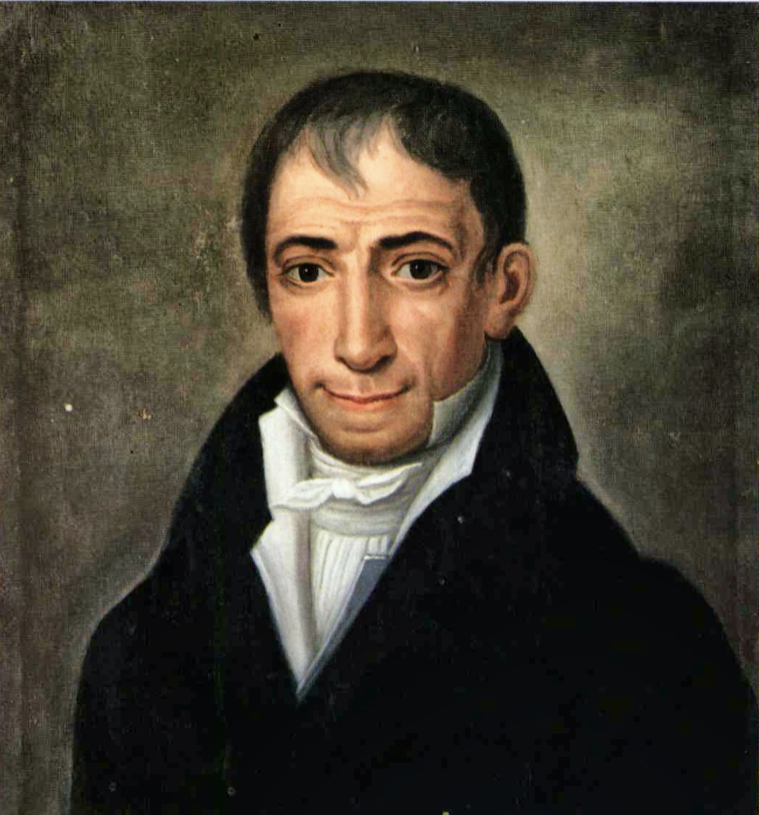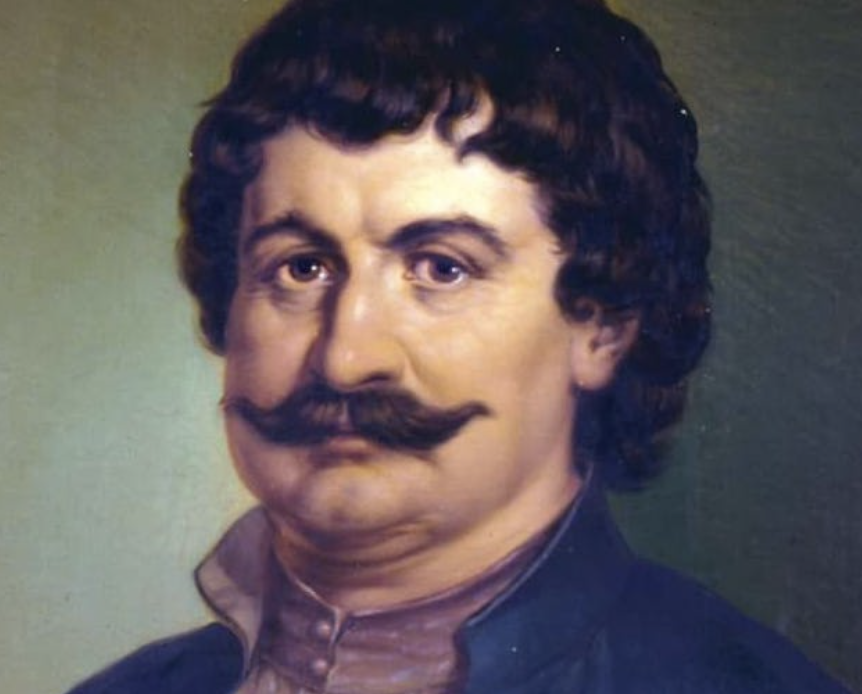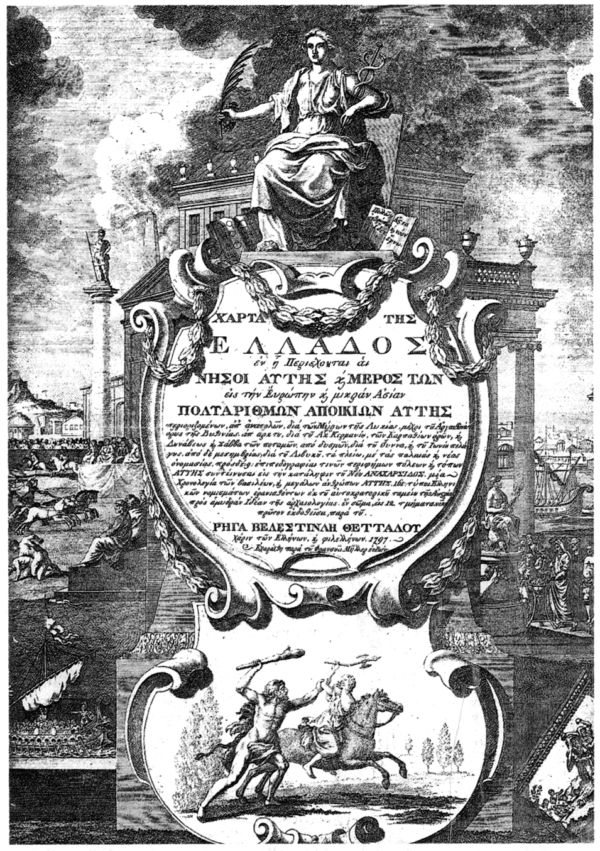Special to the Hellenic News of America
It is that time of year when Hellenes and Philhellenes all over the world will come together to celebrate “The Greek Revolution”; a day that represents a people’s liberation, and the reclamation of a proud but dormant identity. A day not just to celebrate but to commemorate. A day to remember the heroes and heroines who fought bravely in the name of freedom, the martyrs who made the ultimate sacrifice, and the scholars who paved the way.
In the centuries leading up to the revolution, a wealthy Greek merchant class had attained a great deal of economic and political power within the Ottoman Empire. Their autonomy allowed them to cultivate unique cosmopolitan centers of education and commerce in their cities and principalities. This provided the material and scholarly basis for the exchange of ideas between Western Europe and the Ottoman Empire. These environments eventually gave rise to what is called the “Modern Greek Enlightenment”. It was this great intellectual movement that inspirited many members of the famous “Filiki Eteria” (Society of Friends), whose goal was to establish a modern Greek state founded on the humanist principles of the enlightenment.
This Bicentennial let us remember the great thinkers and revolutionaries of the time without whom Hellas could never have been realized. They were the philosophers, writers, philologists, priests, and scientists of the Greek Enlightenment. Through their works they contributed to the reawakening of the Hellenic identity, the conceptualization of national boundaries, and the unification of a people under the principles of liberty; all essential to a successful revolutionary movement and the birth of the first Greek state.
Honorable Mentions:
Neophytos Doukas
Athanasios Psallidas
Lord Byron
Grigorios Konstantas
Theofilos Kairis
Daniel Philippidis
Kosmas Thesprotos
Methodius Anthrakites
The Phanariotes
Archimandrite Anthimos Gazis

Born in Thessaly in 1758, he was a prominent scholar, priest, philologist, and scientist. As rector of the Viennese Greek diaspora, he proposed the first philological periodical published in modern Greek called “Hermes O Logios” (Hermes the Scholar). This periodical distributed many of the works of prominent Greek Enlightenment thinkers making them for the first time widely available to the Greek public. The periodical played an important role in the national awakening as well as serving as a practical networking medium between the intellectuals of the Greek diaspora and those still living under Ottoman rule. Upon his return to Greece, he founded the “Filomousos Eteria” (Philomuse Society), a philological organization dedicated to education and philhellenism, while also serving to rally support for the revolution.
During the war he served in various capacities such as the uprising in Pelion, inspiring his countrymen to take up arms against the Ottomans. After the war he continued to support education in the newly formed Kingdom of Greece, eventually retiring in poverty having donated most of his wealth to the cause. He died in 1828 willing his only home to his family and his only possessions (his library) to the Greek state. He is remembered as “Didaskalos tou Genous” (Teacher of the Genos).
Adamantios Korais

Born in Smyrna in 1748, he was a philosopher, writer, and medical doctor. A passionate scholar from his youth, Korais eventually moved to Paris to study medicine where he was one of the founders of the Paris Philhellenic Society. He was a liberal thinker and an advocate of enlightenment ideas which he saw as essential to the formation of a modern Hellenic identity and state.
His works include numerous translations of Ancient Greek texts, the composition of the first modern Greek dictionary, and a bounty of political writings and lectures. His contributions inspired and guided the intellectuals of the Modern Greek Enlightenment who were instrumental in reclaiming the Hellenic heritage. His works also provided the basis for much of what would become the Greek Constitution and Greek Law.
During the revolution, he garnered financial and political support for the war from his home in Paris while advising many of the leading figures of the “Filiki Eteria”. He died in 1833, having lived to see his dreams materialize. He is remembered as “Pateras tis Patridos” (Father of the Country).
Rigas Feraios

Born in 1757 in Feres, Thessaly he was a renowned political thinker, writer, and revolutionary. He was educated first in Larissa and then Bucharest eventually finding his way into the Greek diaspora of Vienna. There, he became the editor of the influential Greek newspaper “Efimeris” (The Daily) which published translated revolutionary texts and some of Feraios’ own works. In Vienna, Feraios also published his famous “Pamphlets”; aiming to awaken the Greek national coconsciousness and spread the ideas of democracy, liberty, and revolution.
Feraios other works include cartography outlining the cultural and political borders of Greece as well as many volumes of literature on Greek history written in the vernacular. His works were important in illustrating the hardships of Ottoman occupation, significant in inspiring other revolutionary publications, and successful in rallying the common people to the Greek cause.
However, his fervor and dedication to Hellenism would cost him his life. Fearing his revolutionary ideas in 1798 he was arrested along with his accomplices and executed without trial. He is commonly remembered by his famous verse, “Καλύτερα μίας ώρας ελεύθερη ζωή, παρά σαράντα χρόνια, σκλαβιά και φυλακή”.
Sources
James, Paul. Nation Formation: Towards a Theory of Abstract Community. 1st ed., Sage, 1996.
Kitromēlidēs Paschalēs M. Adamantios Korais and the European Enlightenment. Voltaire Foundation, 2010.
Kitromilides, Paschalis M. “An Enlightenment Perspective on Balkan Cultural Pluralism The Republican Vision of Rhigas Velestinlis.” History of Political Thought , vol. 24, no. 3, 2003, pp. 465–479.
Kitromilides, Paschalis M. “From Republican Patriotism to National Sentiment.” European Journal of Political Theory, vol. 5, no. 1, 2006, pp. 50–60., doi:10.1177/1474885106059064.
Kitromilides, Paschalis. “Adamantios Korais and the Dilemmas of Liberal Nationalism.” National Hellenic Research Foundation, pp. 213–222. National Hellenic Research Foundation, helios-eie.ekt.gr/EIE/handle/10442/8673.
Roudometof, Victor. “From Rum Millet to Greek Nation: Enlightenment, Secularization, and National Identity in Ottoman Balkan Society, 1453-1821.” Journal of Modern Greek Studies, vol. 16, no. 1, 1998, pp. 11–48., doi:10.1353/mgs.1998.0024.
Social Revolutions – Routledge & CRC Press. www.routledge.com/rsc/downloads/Social_Revolutions_final.pdf.
Σταυρουλάκη, Ελένη. “Ο Άνθιμος Γαζής: 1758-1828.” ΕΑΔΔ, Εθνικό Και Καποδιστριακό Πανεπιστήμιο Αθηνών (ΕΚΠΑ), 2001, thesis.ekt.gr/thesisBookReader/id/23176#page/1/mode/2up.







